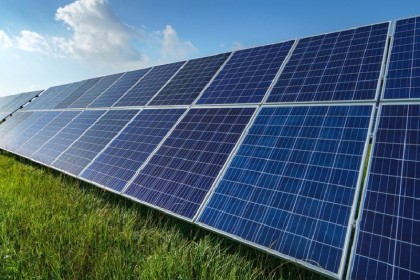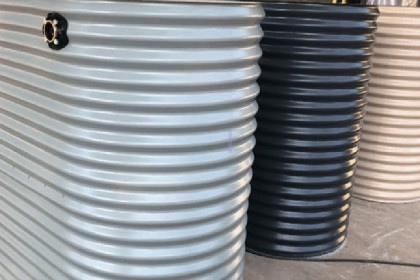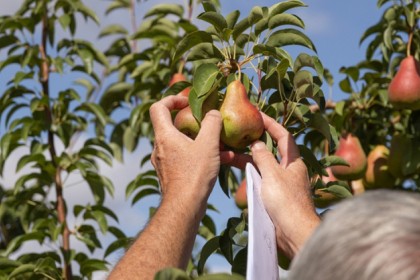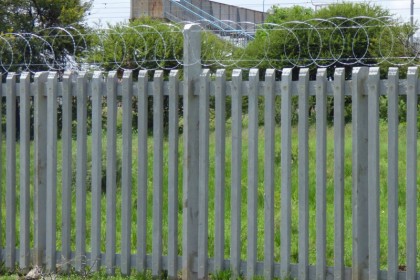
Types of Water Reservoirs and Their Uses
As a farmer, it is always important to be prepared for anything that could happen, including environmental conditions such as drought. In countries such as South Africa that are prone to drought, this is extremely important. Water reservoirs are one of the ways that one can prepare for such unfortunate circumstances. In this article, we will discuss different types of water reservoirs and which option might be best for you.
What is an Agricultural Water Reservoir?
Agricultural water reservoirs play a crucial role in farming, especially in countries and areas that are prone to drought. These reservoirs collect and store water in the rainy season. This water can then be used again in times of need and supplement a farmer's crops in order for them to continually flourish. They can also be used to provide a continual water source for cattle and livestock in such difficult times. This will ultimately reduce the dependence that farmers have on natural water sources such as rivers and streams, as well as reduce their dependence on municipal water. This is important as natural rivers and streams can be unpredictable and municipal faculties often implement water restrictions during drought.
What Are the Different Types of Water Storage?
There are many different types of reservoirs that farmers can invest in to ensure their agricultural efforts survive hard times. Some of the most well-known reservoir types include:
- Earthen Reservoir: These are the most common form of reservoirs. An earthen reservoir is created by excavating soil and clay in order to create a basin. The basin is then lined with a material such as plastic or clay. This will prevent any seepage from occurring once the reservoir fills up with water. This is a low-cost option when wanting to create a reservoir.
- Concrete Reservoir: Often utilised in large-scale farming, concrete reservoirs are known for their durability and reliability. Reinforced concrete is utilised to construct these reservoirs. They are a more expensive option; however, they can be tailored to suit the specific need of the farmer.
- Zinc Reservoir: Constructed from galvanised steel sheets, zinc reservoirs are a fantastic option for those farmers that are in search of a reservoir that is quick and easy to install. They are also known for their durability and are cheaper to construct and maintain than their concrete counterparts.
- Plastic Reservoir: Also commonly referred to as water tanks, plastic reservoirs are smaller than the other reservoir options. However, they are a great solution for small-scale farmers. They are constructed from high-density polyethylene (HDPE), ensuring that they will last for years to come. They are easy to install and are lightweight. This also makes them quite popular in residential homes, as one is able to connect one's gutters to them and easily collect and store rainwater in this way.
- Underground Reservoir: If you are a farmer that wants to conserve space and make the most of your farming operation then an underground reservoir is a suitable option. As they are constructed below ground, they do not lose water to evaporation. They are typically constructed by making use of concrete or plastic. While they do have many benefits these reservoirs are very costly to construct.
The Benefits of Zinc Agricultural Reservoirs
While there are many reservoirs to choose from, a zinc reservoir could be the best option for your farming operation and here's why:
- Durable: As a zinc reservoir is constructed with galvanised steel, it is extremely resilient to environmental conditions. Therefore they will not buckle to strong winds or fail due to extreme temperature fluctuations.
- Low Maintenance: Zinc agricultural reservoirs are extremely easy to clean and do not require maintenance in the form of painting or the application of protective coating.
- Customisable: These reservoirs are available in a variety of shapes, sizes, and capacities. This allows for farmers to customise their reservoir to suit their exact needs.
- Cost Effective: Zinc reservoirs are cheaper to install than other options such as concrete or underground reservoirs. They also do not require as much maintenance as other options making them the most cost-effective solution for large-scale farming.
Alpha Damme specialises in installing a variety of types of water reservoirs and other agricultural water solutions. Visit the AgrifoodSA directory to find out more about how Alpha Damme can help you ensure you are prepared for drought.












